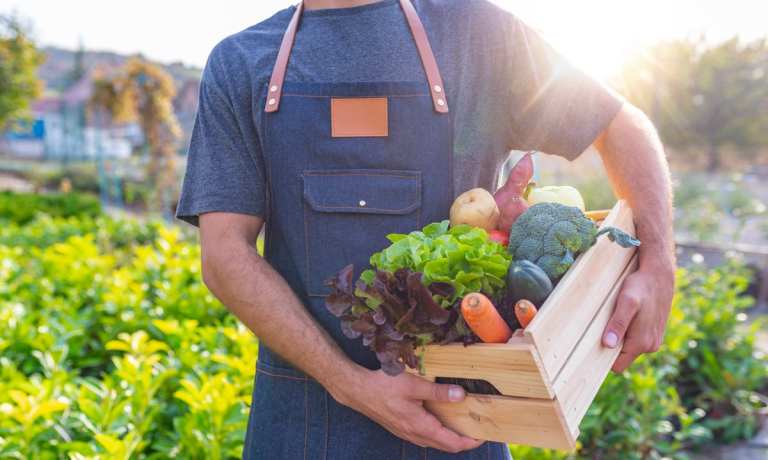Funding Pours In For Food Sustainability Efforts As Consumers Seek Eco-Conscious Options

Consumers are more concerned about the planet than ever before, and many are looking to spend their money in ways that align with their values. For food, this means buying plant-based products and opting to purchase foods that may otherwise have gone to waste, but it does not end there. Sourcing and packaging are also top of mind for many consumers.
Noting these concerns, venture capitalists are backing businesses that offer sustainable solutions to meet consumers’ food needs. Berlin-based anti-food waste technology platform Choco announced Tuesday (July 20) a $100 million Series B fundraise to support its goal to create a “connected global food system.” Plus, New York-based fast casual chain Just Salad also announced a new investment Tuesday, raising funds of an undisclosed amount from circular economy-focused investment firm Closed Loop Partners.
“Food supply chains across the globe have been stress tested in the last 15 months due to the COVID-19 pandemic,” Choco CEO Daniel Khachab said in a statement. “This financing round enables us to build the technological backbone to make global food systems resilient, flexible and less wasteful.”
He added that the company will use these funds to grow its team and to build out its platform, which facilitates workflow and communication for suppliers, distributors and restaurants that are “looking to operate more profitably, efficiently and sustainably.”
Just Salad, meanwhile, is approaching sustainability from the restaurant side of the supply chain. The 40-location fast-casual concept aims to eliminate food waste from the process, describing itself as the “fast-casual restaurant industry’s leading proponent of zero-waste practices.” It is the first restaurant that Closed Loop Partners has invested in. The salad chain has a reusable bowl program to mitigate packaging waste and it labels its menu with carbon footprint information for eco-conscious customers.
“We are impressed with Just Salad’s innovative approach to embedding zero-waste principles across their business. They are a pioneer of reuse models at scale, creating the world’s largest restaurant reusable program and illustrating their commitment to extending the life of valuable packaging materials,” said Ron Gonen, founder and CEO of Closed Loop Partners. “Their continued growth demonstrates the viability, feasibility and desirability of circular business models.”
Consumers’ focus on environmental issues has heightened since the onset of the COVID-19 pandemic. BCG research finds 70 percent of people report becoming more aware of humans’ impact on the climate than they were before the outbreak. And 87 percent said that they believe businesses should address environmental concerns more going forward than they have done in the past. Another study finds that 81 percent of Americans would appreciate if there were more food options that take into account environmental concerns. Additionally, Forbes research from November 2020 found that more than half of all consumers prioritize products and services from brands that “take a stand” when it comes to issues of social or environmental importance.
“If we can eliminate food waste, we can drastically mitigate climate change,” Madeline Rotman, head of sustainability at Imperfect Foods, told PYMNTS. “And that’s something that’s not just grocery, but the food system collectively. So that’s growing, transportation, logistics, restaurants, you know, the entire food industry. We can’t do this alone.”